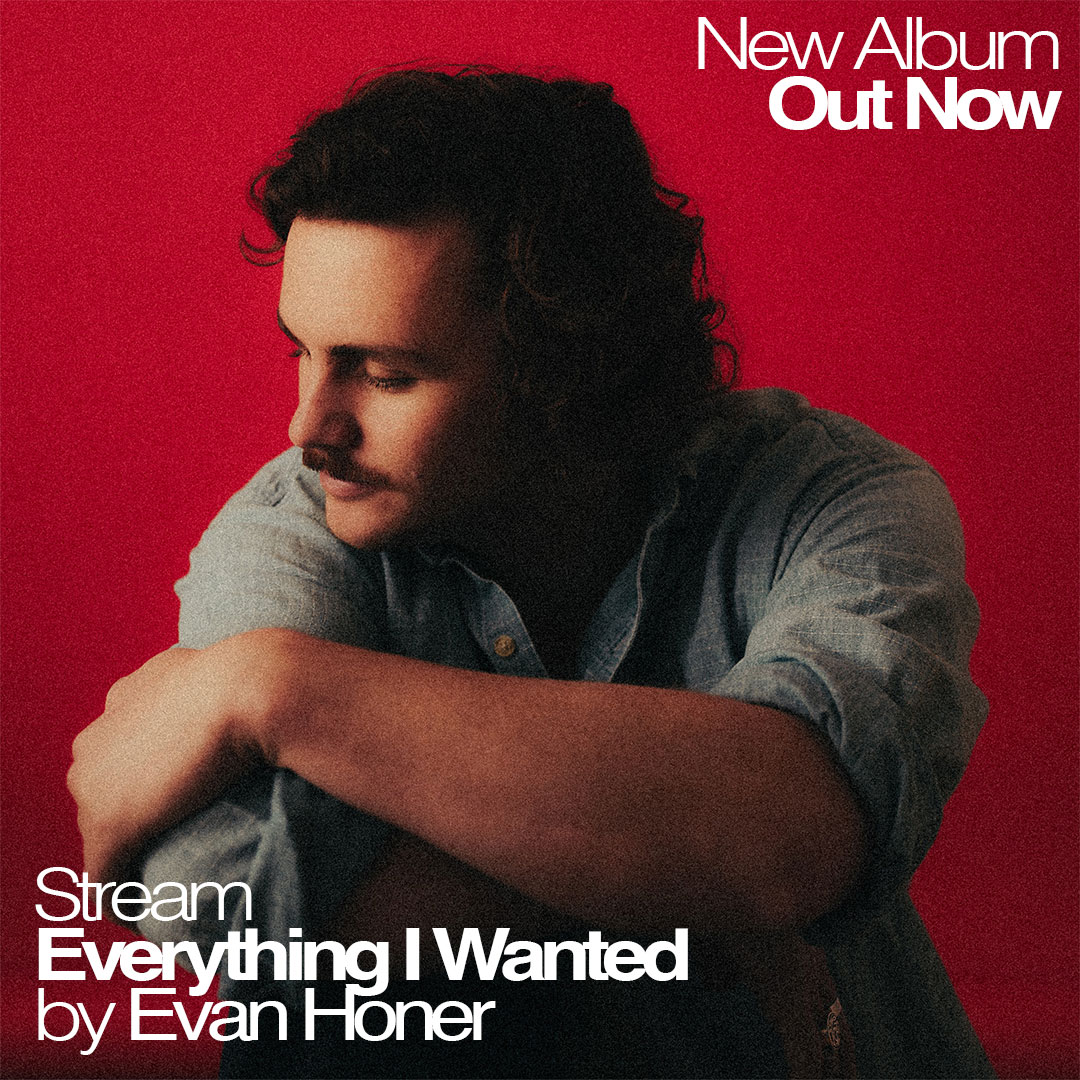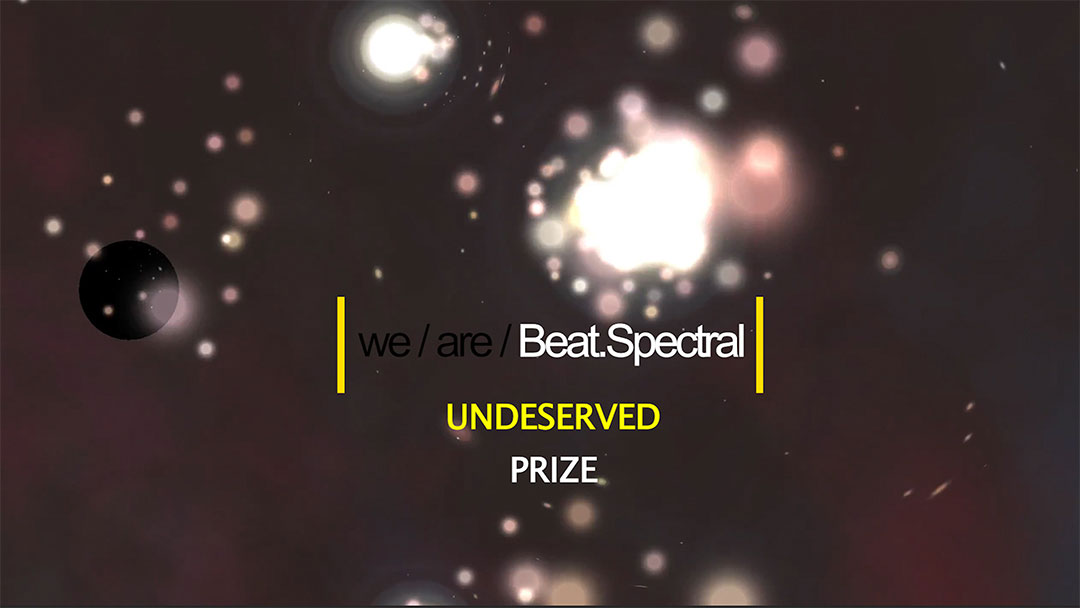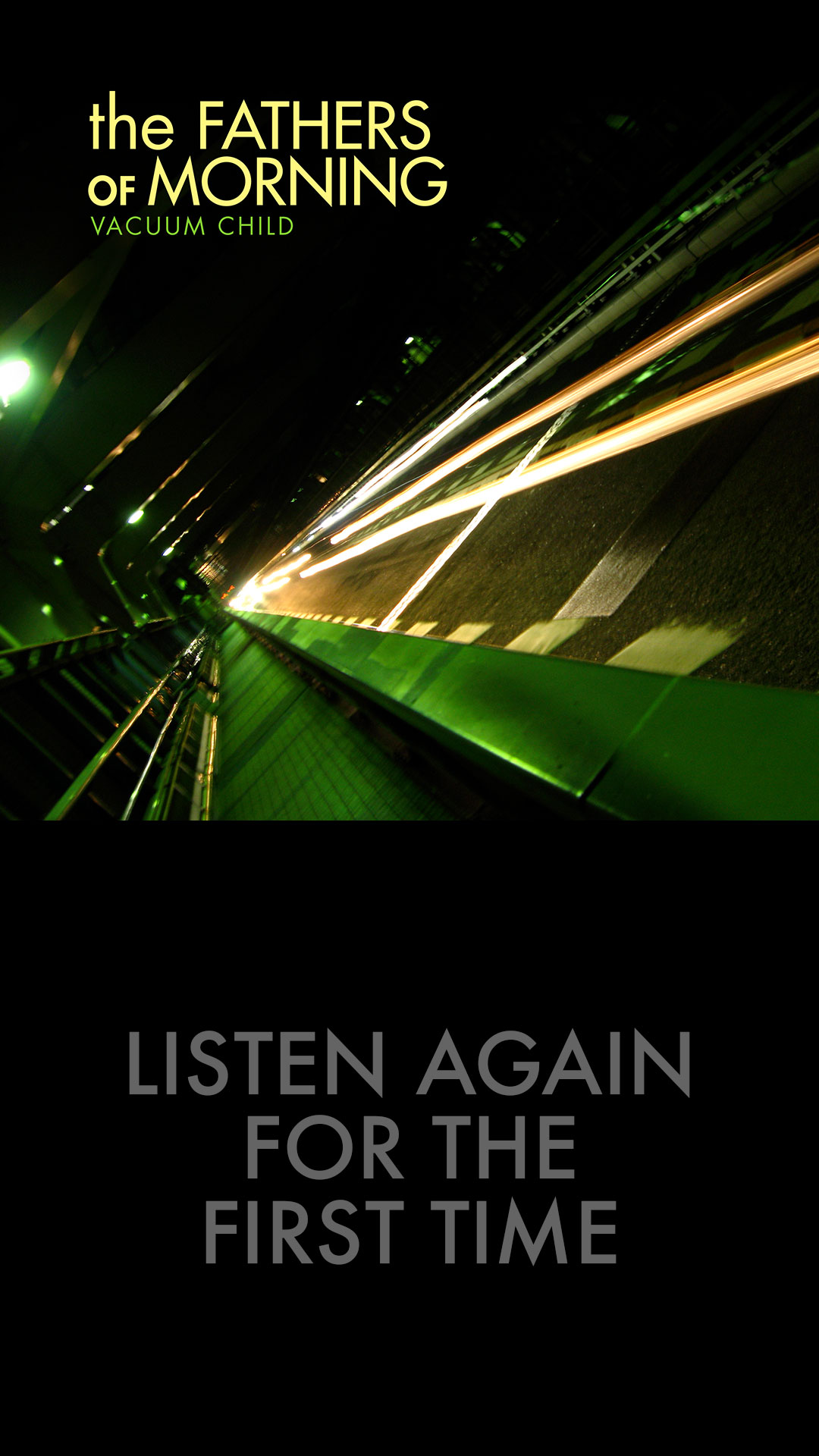
It’s hard to believe Ketch Secor hasn’t released more than one solo album in the 27 years since forming Grammy-winning roots stalwarts Old Crow Medicine Show. But here we are. And Story The Crow Told Me (Equal Housing/Firebird) was worth the wait. Inspired by his early years busking on the streets of Nashville, the album is an intimate, wildly imaginative hodgepodge of playfully theatrical spoken-word vignettes, traditional bluegrass bounce and straight-up country delivered with piles of personality.
And that personality, of course, is Secor’s: larger than life, yet always authentic and approachable. Aside from his signature fiddle, banjo and harmonica, he plays nearly a dozen instruments on these 12 tracks, including organ, bass, guitar and even spoons. Originally conceived as a prose-heavy song cycle, the album took a more conventional turn when Secor brought in co-writer/producer Jody Stevens (Luke Bryan). It also features guest appearances from Marty Stuart and Molly Tuttle, along with sampled tributes to Johnny Cash and Bob Dylan. And while it might be grossly premature to place Secor among the ranks of the latter two, there’s no denying he carries Story The Crow Told Me like a master raconteur.
Here’s more on each song from Secor.
—Hobart Rowland
1) “Busker’s Spell”
“One of my early memories was watching kids even younger than me tap dancing for change in the French Quarter. I could hardly wait to find a piece of curb for my very own. Years later, as an angsty teenager with a banjo, I finally got my chance. I don’t know what kind of musical career I’d have had if it wasn’t for that sidewalk calling me. Opening my case, I’d always try a little black magic and cast the busker’s spell. Fill ’er up!”
2) “Talkin’ Doc Blues”
“Another lucky break came when a bed came available at the homeless shelter on King Street in Boone, N.C. I needed a place to crash for a few days while I figured out where to get a house on the cheap for the rest of the band. Walking those downtown streets of Boone with the Daily Trader newspaper under my arm, calling farmers from payphones, didn’t appear at the time to be a music-business power move. But securing a home in the hills for Old Crow to figure out how to authenticate what we were singing about when we sang about mules, tobacco and corn whiskey proved to be a pretty hot hand. And then, lo and behold, Doc Watson himself goes dropping that third ace in my fiddle case.”
3) “Ghost Train”
“About two years in, we started getting serious about music. And what do serious musicians do in the High Country? Audition for Tweetsie Railroad Theme Park, the place where enterprising pickers go to put on bowlers and checkered shirts to play hillbilly for the tourists from Charlotte. Well, it didn’t take long before Tweetsie’s top brass realized their hiring mistake and sent us packing. But we found a railroad line of our own—meaner and greasier, stoked up and racing something furious, hellbent and Nashville bound or bust.”
4) “Dickerson Road”
“The Grand Ole Opry has stars, the Hall of Fame has plaques, and in the year 2000, there was one premier destination for Nashville’s castoffs, rejects, ne’er-do-wells, petty thieves, lowlifes, losers and users. So, like a barfly to a bottle, I went to where I felt I belonged—straight up Dickerson Road. Nowadays, you can only catch a fleeting glimpse of the misfit glory that once teemed down this boulevard of broken dreams. But once in a while, I’ll see some stray dog licking at some grease trap and know they’re still clawing their way to the top of trash pile down on the Dick.”
5) “Old Man River”
“While the jib cranes went whirling and the dynamite blasts shook the earth, I leaned against the motel billboard that sprouted up in my yard, chewed a wad of Mail Pouch and watched as a Mid-South city became a national boomtown. Everyone wanted in. Bus benches advertised singers. Public-access TV held square dances. Bands, venues, festivals, whole genres were born and died before they ever learned to walk. Where was the breadcrumb trail the great ones left behind for us to follow? If I’d been born in Athens, I would’ve taken my worries to Aristotle’s Lyceum or Plato’s Academy. But I was from the Athens of the South, so I took my troubles to the river and left ’em there.”
6) “Catch Me If You Can”
“Twenty-seven years ago, when I started Old Crow, I couldn’t have imagined how the people I loved could ever turn into people I once loved—but so are the highs and lows of life on the road in a band. The conditions are right for a few things to thrive and a few more to falter and ultimately fail. Friendships, allegiances, marriages—these are often the casualties of a life like the one I chose. Yet I can’t go back and make it any different, nor would I.
Ever since I was young, people have made a pun with my name. From Catcher In The Rye to Heinz vs. Hunt’s, life ain’t easy for a boy named Ketcham. One phrase I always heard was, ‘Catch me if you can.’ Well, last spring, when I was going through this catharsis of playing back the hands of time in the proverbial rearview mirror, I sat down with Jody Stevens and wrote this song in a short, bittersweet burst. I wanted to explore the feeling of sacrifice that it takes to love someone like me. Someone who’s probably going to miss your birthday party because he’ll be playing a show in Newfoundland, Newark, New Orleans or Newport News. I hope it was worth it.”
7) “Highland Rim”
“Sometimes I see faces in the woods at dusk. There are occasions where I think I hear voices in roiling rivers or hear waves crashing over ancient island seas. But always do I feel closer to the heavens when at higher elevation. We don’t have mountains to speak of in Nashville. Raggedy hills of spindly trees and scraggly undergrowth aren’t much solace to me. I was raised in a green valley where the mountains are stunningly blue. But what it lacks in beauty, the Highland Rim more than makes up for in spirit. This is a song about a climb, about a long reach from life’s frail depths, about needing an almighty hand up.”
8) “Junkin’”
“What if the songs you love—the most delicious ones, the ripest of all—aren’t on the radio or in the record store, but instead lay moldering in dusty milk crates in junk stores, thrift barns and flea markets strewn across the Southland? Sounds like you’re on the hunt like me, hoping the next platter you flip past won’t be another Stan Kenton but a rare find indeed. This is a song about repertoire—and the lengths to which I had to go to build one.”
9) “On The Wall”
“The Chinese pioneered the block press in the year 868. In 1450, Johannes Gutenberg invented the modern printing press in Germany. And in 1879, Charles and Herbert Hatch opened Hatch Show Print in Nashville. Moveable type may have built empires, but more important to me, it helped me convince my mother I wasn’t going to starve. ‘Look Mom. I’m on this poster … the same poster Hank Williams was on—and Johnny and June, Dolly and Loretta.’ This is a song about making it big in print.”
10) “Thanks Again”
“This would’ve had 50 verses or more if I included all the people I’d like to call out in gratitude. Every person who tossed a toonie in my case in Ottawa or Winnipeg. Every cop who looked the other way and every fan who didn’t. The owner of every house I flopped in and every hash house I didn’t go hungry in. Point is, I’m grateful. I’m the type of person who thinks a butterfly encounter is a visit from a long-lost friend, so I feel I’ve already gotten to express my thanks to a lot of you. But here’s a song for anyone I may have missed.”
11) “Holes In The Wall”
“Dives, haunts, joints. My life has been a love affair with music as much as the places where music is performed. Playing as frequently, aggressively and doggedly determined as I have means that if I’d written my name on every bathroom stall I just rocked out in, I’d have 10 thousand or more sobriquets scribbled. I’ll be damned if I remember them all, but these are just a few of my favorite holes in the wall.”
12) “What Nashville Was”
“I’m at a loss for what to tell you about this song. Isn’t it every kid’s dream to run the bases on the ball diamond of life, batting and fielding with their heroes? Maybe it’s a simple as that—I just wanted to sing one with Bob and Johnny, and so I jotted my name in ball point under theirs in gold. But this song is also about a city where dreams take flight or flounder, where brilliance is rewarded or disregarded. It’s about the hope that anyone strumming at the foot of this ever-changing skyline will do so with a spirit deserving of a place as soulful as this one is. It was the Queen of England who crowned it Music City. Now it’s up to us to make sure it stays that way.”














